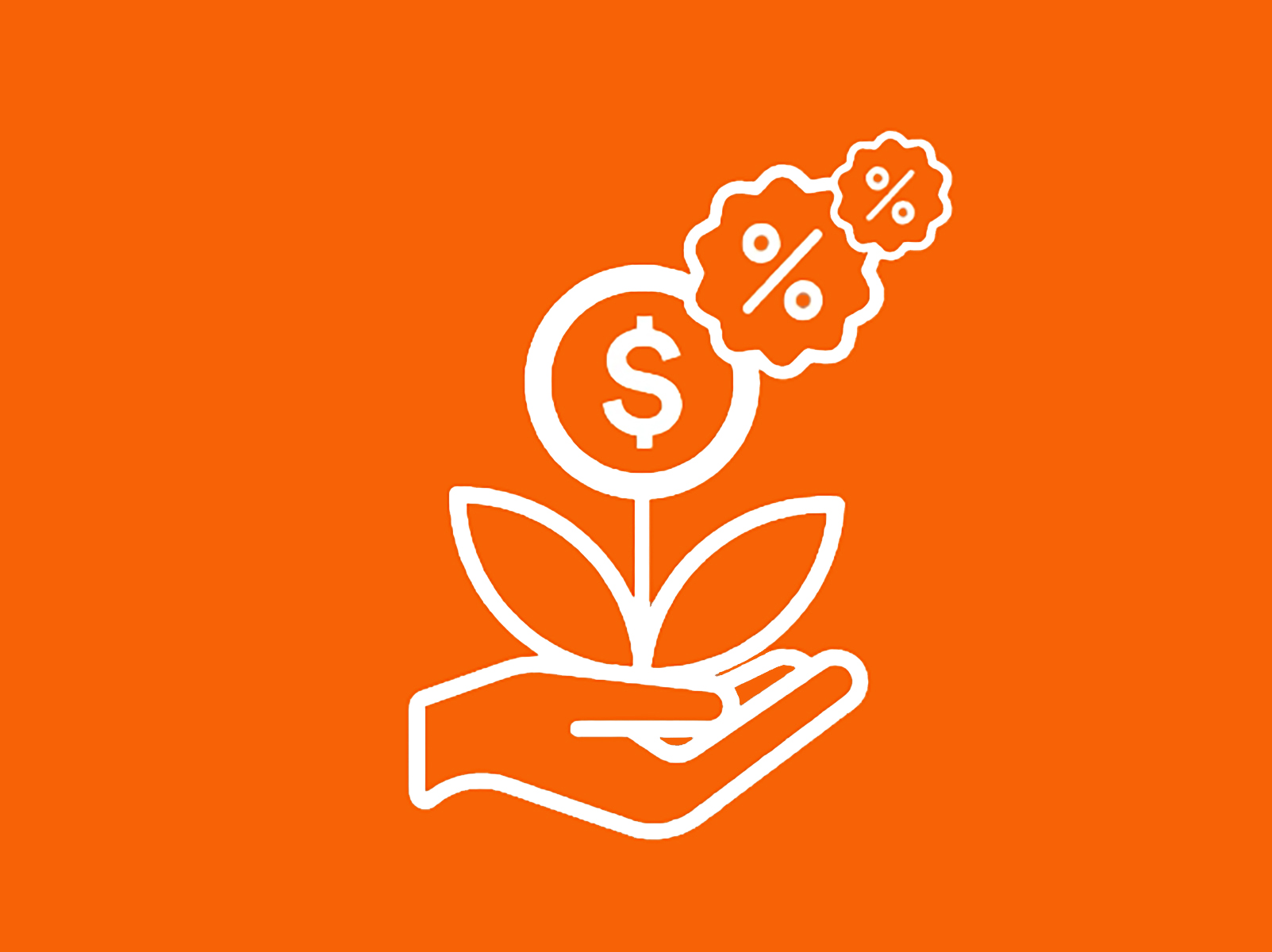Should I open a U.S. account?
I first opened a U.S. bank account back in 2010 to take advantage of the exchange rate when the Canadian dollar was on par or above the American dollar. Now that our loonie has fallen back down again, are U.S. accounts still a good deal? Sure — when used appropriately.
Say you just got an invitation to attend a friend's wedding or a baseball game south of the border and need some quick U.S. cash before you go. No worries — just go to your bank and withdraw it from your U.S. savings account. Or maybe you want to order an iPad, smartphone or tablet from an American retailer. Rather than fuss over exchange rates and conversion fees on your credit card, you simply write a cheque from your U.S. chequing account. Fast, easy and convenient.
You can build up your U.S. account by setting aside a modest sum like $20 or $30 per month. I do this and find it's a great way to take advantage of the currency fluctuations as I grow my account. When the U.S. dollar is higher than the Canadian one (as it usually is), my monthly deposit buys fewer U.S. dollars; when the Canadian dollar inches up, my monthly contribution buys more. Over time, I've likely spent a lot less money purchasing my U.S. dollars than I would have if I bought them all at once — unless I'm lucky enough to time my need for U.S. cash when the loonie is at record high. This account also serves as a nifty backup emergency fund, there for me if I absolutely need it. If our dollar is trading 70 or 80 cents U.S., I've potentially earned a tidy return on my investment when I need to cash out, as well as some interest in U.S. currency.
Which type of U.S. account should you have? That depends on what you plan to use it for. If it's just some ready cash you want for quick trips across the border, a savings account might be your best bet. But, if you see yourself purchasing a lot of goods from U.S. retailers, a chequing account might be the better option. You won't earn much interest, but you'll save on exchange rates and conversion fees. Also, if you do freelance or contract work that pays in U.S. dollars, you face fluctuating exchange rates when converting your payment to Canadian dollars, and then again back to U.S. if you make a purchase in U.S. dollars. Having your pay go to a U.S. account avoids these risks and hassles.
When opening a U.S. account, there are certain things to look for. Are the cheques issued from your financial institution widely accepted across the United States? Are the interest rates competitive? Can you get your money quickly if you need it? Are there transaction fees? Some financial institutions allow one free debit transaction per month. That's fine if you don't expect to do many transactions, but if you do and the bank charges $3 per withdrawal, you might be defeating the purpose of this account. As with anything, shop around, compare options and then decide which one works best for you.


